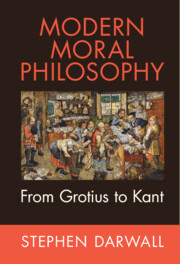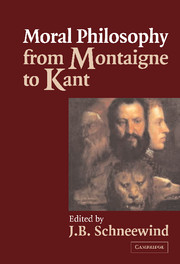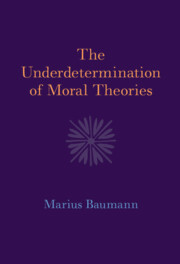Modern Moral Philosophy
In this magisterial study, one of our leading moral philosophers refutes the charge (originally made by Elizabeth Anscombe) that modern ethics is incoherent because it essentially depends on theological and religious assumptions that it cannot acknowledge. Stephen Darwall's panoramic picture starts with the seventeenth-century thinker Grotius and tells the story continuously down to the time of Kant, exploring what was in fact a completely new way of doing ethics based on secular ideas of human psychology and universal accountability. He shows that thinkers from Grotius to Kant are profoundly united by this modern approach, and that it helped them to create a theory of natural human rights that remains of great political relevance today. He further shows that this new way of thinking provides conceptual resources that are far from exhausted, and that moral philosophy in this idiom still has a vibrant future.
- Traces the story of modern moral philosophy and how it emerged in the seventeenth century
- Shows how modern moral philosophy enabled the creation of a theory of natural human rights
- Explores the conceptual resources which modern moral philosophy continues to offer
Reviews & endorsements
'Modern moral philosophy emerged from its medieval and ancient ancestors through the development of new ideas about natural law. Stephen Darwall, in this masterly work, explains the development of these ideas and how they became central to the debates of the eighteenth century over the nature of morality and the sources of moral knowledge. His explanation is a powerful argument for the juridical conception of morality that took form in the work of Grotius and reached its most profound exposition in the work of Kant.' John Deigh, University of Texas, Austin
Product details
June 2023Adobe eBook Reader
9781009380607
0 pages
This ISBN is for an eBook version which is distributed on our behalf by a third party.
Table of Contents
- 1. Grotius
- 2. Hobbes and Pufendorf
- 3. Locke and Cumberland
- 4. Spinoza, Cudworth, Shaftesbury, and Leibniz
- 5. Hutcheson and Butler
- 6. Hume and Smith
- 7. The British Rationalists and Reid
- 8. Rousseau and Kant.








